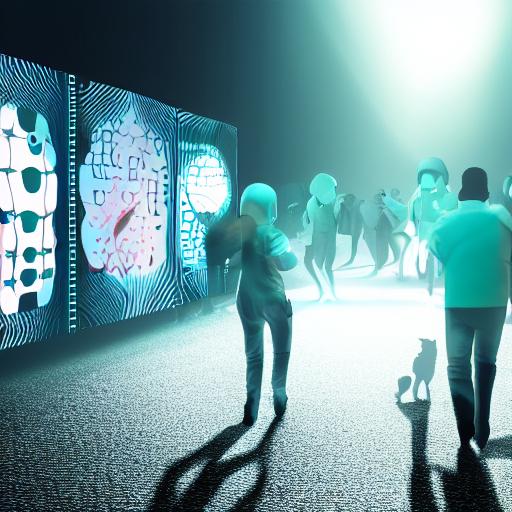The most thorough study to far on the subject concluded on Wednesday that artificial intelligence outperforms humans at analyzing heart ultrasounds, the primary test of general cardiac health.
The new US study’s authors said it is the first blinded, randomized clinical trial for heart health, despite earlier studies showing the potential power of AI models for reading medical imaging.
According to the study’s principal author David Ouyang, AI is generating a lot of excitement but careful analysis is still essential.
The Los Angeles cardiologist at Cedars-Sinai Medical Center further stated that this successful experiment really supports the argument that now we’re ready for primetime.
Sonographers do heart ultrasounds, also called echocardiograms, on patients. Before giving the scan to a cardiologist, the sonographer will typically give the scan an initial analysis.
To determine who would provide the most accurate initial evaluation, the new study, which was published in the journal Nature, matched an AI model against sonographers.
The ability of the heart to pump blood out of the body within the space of a heartbeat is measured by the left ventricular ejection fraction, which was evaluated by both during the ultrasound.
The main technique to gauge how well a heart is working is through the exam. It is used to determine whether patients have had a heart attack and whether they can undergo major procedures like getting a defibrillator implanted.
Sonographers and the AI model each performed about 3,500 heart ultrasounds for the study.
Cardiologists then examined their evaluations, not knowing which ones originated from humans and which from the AI model.
— “Exciting”
The study discovered that the cardiologists significantly altered more than 27% of sonographer assessments and about 17% of those performed by the AI model.
Ouyang said that the AI was faster, more accurate, and indistinguishable by the cardiologists.
The tremendous shortage of sonographers in the United States and around the globe will be alleviated by this, he claimed.
The artificial intelligence (AI) model, known as EchoNet-Dynamic, employs deep learning to analyse a significant quantity of data. It was trained on about 145,000 echocardiograms.
In addition to hoping to do the same in the European Union and other places soon, the researchers are currently submitting an application for the procedure to be approved by the Federal Drug Administration.
A cardiologist at the Mayo Clinic in the United States named Patricia Pellikka, who was not involved in the study, told that the study was “exciting” and that the use of AI tools will improve efficiency and standardization.
The study, according to French cardiologist Florian Zores, was well-conducted; nevertheless, the technique might not be as helpful in France, where cardiologists provide the initial evaluations of heart ultrasounds.








